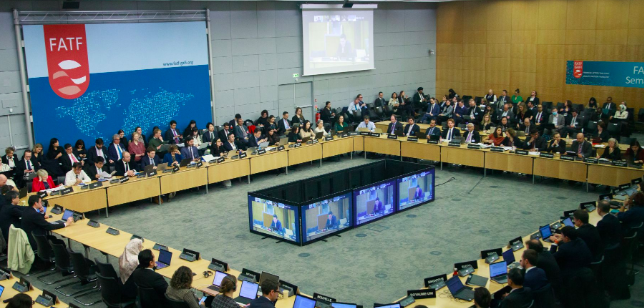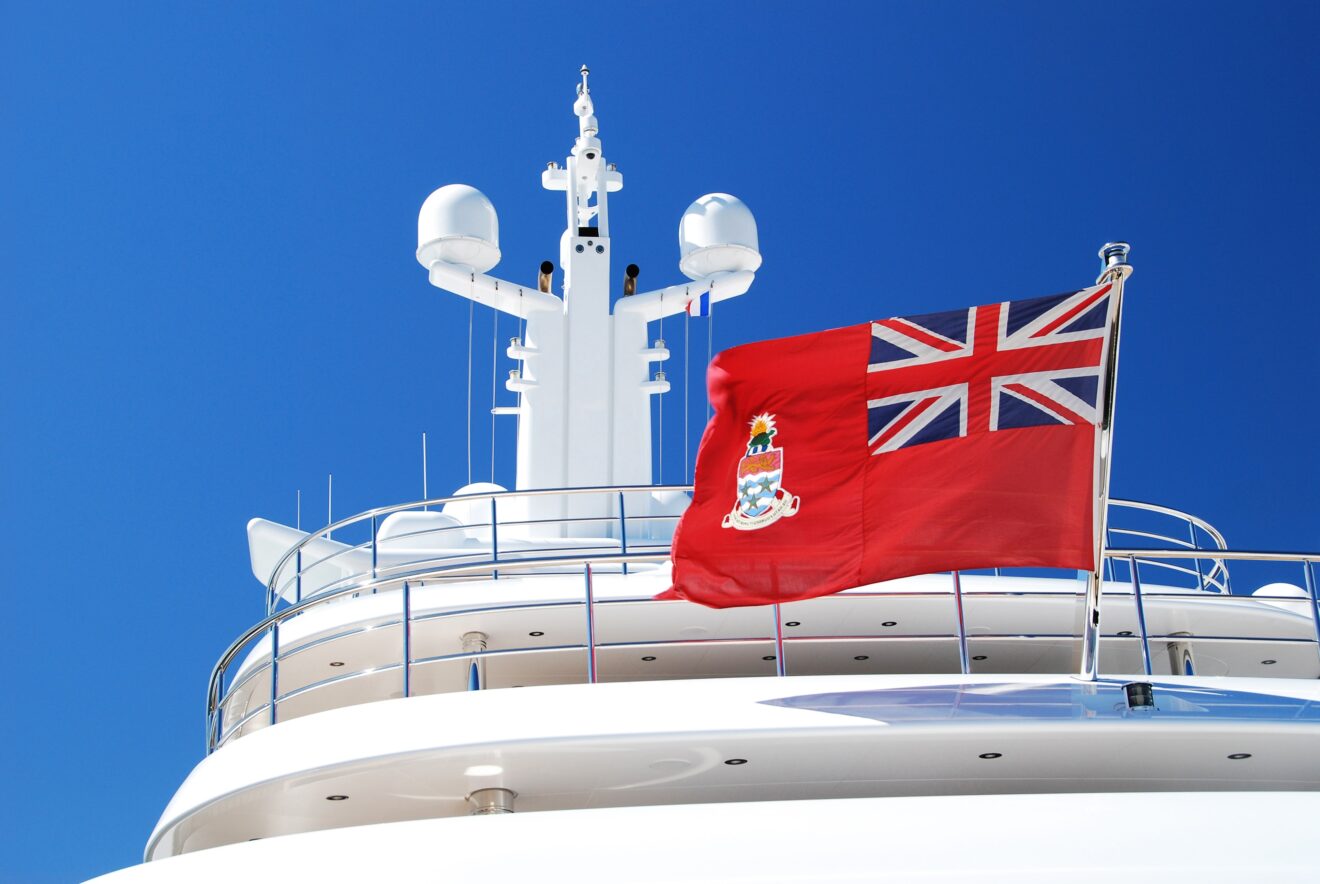
The Cayman Islands has joined 47 countries and territories in a declaration supporting an action plan to implement the Crypto-Asset Reporting Framework (CARF) by 2027.
The CARF provides for the automatic exchange of tax-relevant information on crypto-assets between tax authorities and is part of the automatic tax information exchange standards developed by the Organization for Economic Cooperation and Development (OECD) under a G20 mandate.
The group of 48 countries welcomed the new standard “to keep pace with the rapid development and growth of the crypto-asset market and to ensure that recent gains in global tax transparency will not be gradually eroded.”
“As jurisdictions that play host to active crypto markets, we therefore intend to work towards swiftly transposing the CARF into domestic law and activating exchange agreements in time for exchanges to commence by 2027, subject to national legislative procedures as applicable,” the joint statement said.
To ensure consistent implementation for both business and governments, the signatory jurisdictions will also implement amendments to the Common Reporting Standard agreed by the OECD earlier this year.
The Crypto-Asset Reporting Framework
The CARF rules and guidelines, published in October 2022, set out the scope of crypto assets that are covered; the entities and individuals who are subject to data collection and reporting requirements; which transactions must be reported; and due diligence procedures to identify crypto asset users and controlling persons, as well as the relevant tax jurisdictions for reporting and exchange purposes.
The OECD said in a CARF report that the framework was needed because “the current scope of assets, as well as the scope of obliged entities, covered by the Common Reporting Standard (current standards) do not provide tax administrations with adequate visibility on when taxpayers engage in tax-relevant transactions in, or hold, relevant crypto assets.”
The framework aims to collect and automatically exchange information on transactions for relevant crypto assets on an annual basis, similar to the Common Reporting Standard (CRS), which covers the automatic cross-border exchange of financial account information.
The definition of crypto assets “includes assets that can be held and transferred in a decentralised manner, without the intervention of traditional financial intermediaries, including stablecoins, derivatives issued in the form of a crypto-asset and certain non-fungible tokens”.
As such the CARF will target any digital representation of value that relies on a cryptographically secured distributed ledger or a similar technology to validate and secure transactions.
Carve-outs are included for assets that cannot be used for payment or investment purposes and for assets already fully covered by the CRS.
Entities or individuals that provide services effectuating exchange transactions in crypto assets for, or on behalf of, customers would have to report under the CARF.
Under CARF rules, crypto asset firms must report on exchanges between relevant crypto assets and fiat currencies, exchanges between one or more types of digital assets and transfers of crypto (including retail payment transactions) in the country where they conduct business.
To reflect the crypto asset framework, the CRS also has to be amended to cover certain electronic money products and central bank digital currencies.
Other proposed changes to CRS concern indirect investments in crypto assets through derivatives and investment vehicles.
The 48 countries and territories that issued the joint statement are Armenia, Australia, Austria, Barbados, Belgium, Belize, Brazil, Bulgaria, Canada, Chile, Croatia, Cyprus, Czech Republic, Denmark, Estonia, Finland, France, Germany, Greece, Hungary, Iceland, Ireland, Italy, Japan, Korea, Liechtenstein, Lithuania, Luxembourg, Malta, Mexico, Netherlands, Norway, Portugal, Romania, Singapore, Slovakia, Slovenia, South Africa, Spain, Sweden, Switzerland, the United Kingdom, and the United States of America; the United Kingdom’s Crown Dependencies of Guernsey, Jersey, and Isle of Man; and the UK’s Overseas Territories of the Cayman Islands and Gibraltar.
The G20 has asked the Global Forum on Transparency and Exchange of Information for Tax Purposes, which includes 168 countries and jurisdictions, to build on its commitment and monitoring processes to ensure the widespread implementation of the CARF by relevant jurisdictions.
Since the finalisation of the legal and operational instruments of the CARF in June 2023, the Global Forum established a dedicated “CARF Group” to take the work forward. The crypto-asset reporting issue will be discussed further at the Global Forum’s 16th Plenary Meeting in Lisbon, Portugal from 29 November to 1 December 2023.


